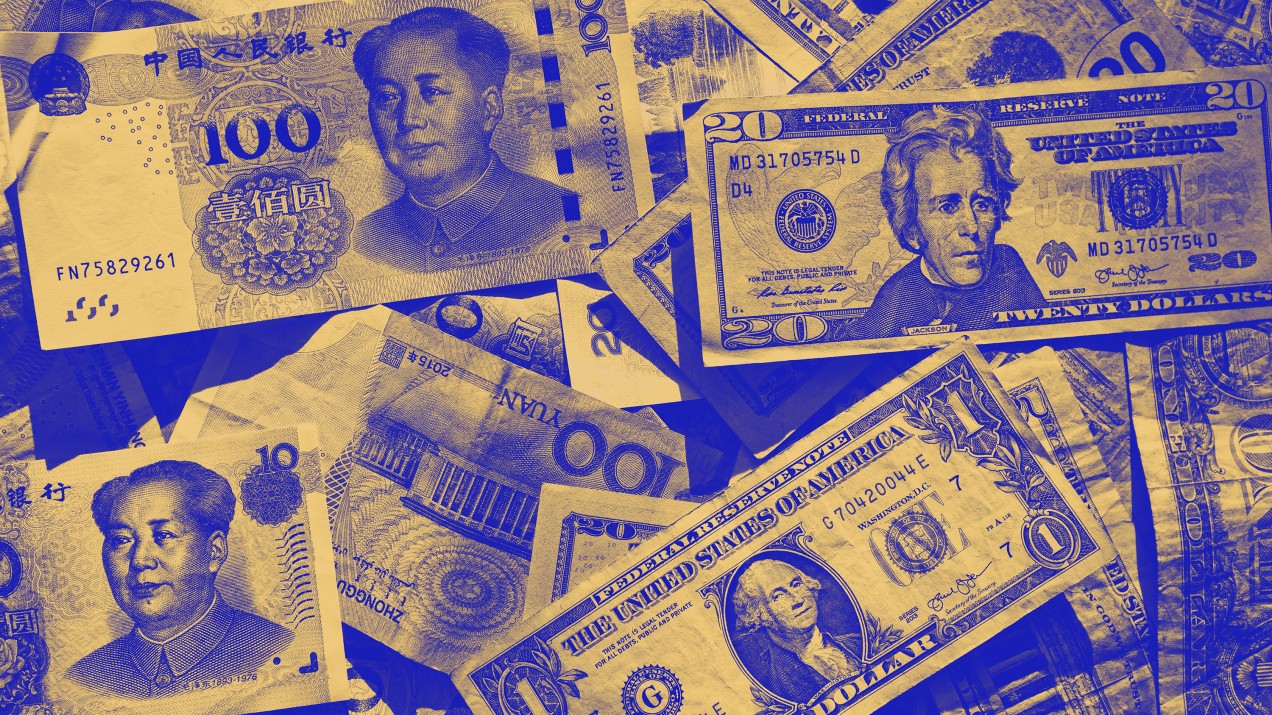Here is something you should all take some time to read about. Paul Coonan has supplied this information, about what is happening with Paypal and why.
Fb Link ( incase that dues to security reason it doesn't come up ): https://www.facebook.com/vtrmarketing/posts/1005225989587199 Link ( incase that dues to security reason it doesn't come up ):
https://www.facebook.com/vtrmarketing/posts/1005225989587199
Better still I'll paste it inline as such......
PayPal... CFPB to blame? Zelle and the war of 2017? Is this the beginning of the end of PayPal? Here is possible explanation of the 'shotgun' approach to saving their asses.
Earlier this month a new law went into place enacted through the Consumer Financial Protection Bureau in the US. Under this new law, prepaid debit cards gain certain protections that were once only given to actual credit cards. Under this new law online wallets such as PayPal and all others in the US to include Google's wallet and, yes, even Payza, just to name a few, are now all reclassified as 'prepaid debit cards' since online wallets are funded before spending what is available in the account balance.
Under this new law consumer liability for 'lost or stolen' cards is capped at $50, meaning, anything above $50 that is 'not authorized' falls upon the payment processor. That shifts more of the burden of risk from the consumer to processors such as PayPal.
With the shift of risk, it appears PayPal is using a shotgun approach to reduce their risk by eliminating doing business with what they feel are the highest risk potential sites and what appears to be sites that 'support' high risk sites. This is a top down approach that leaves a lot of collateral damage.
Does this mean that we all have to go back to the days of old and 'approve' all sites that are to be put into advertising rotation before hand? Would that even be enough? I don't think an approval process would be enough to calm the likes of PayPal.
I have watched this before in the culling of Paid-To-Read (that paid multiple levels) and MLM sites in the early 2000's. Back then it was not due to legalities but was a result of PayPal's own policy. There were rampant scams back then and PayPal was tired of putting in so much time being the arbitrator of claims which resulted in the policy change to essentially give the middle finger to MLM in general and gave them more time to put to other uses.
I would expect this shotgun approach, as a result of stricter federal regulations, to flow through all online payment processors (which are now all classified as pre-paid debit cards).
Good news for bitcoin? Yes, but don't go running to Coinbase! Let's talk about 'guilt by association.' Coinbase uses a much larger gauge shotgun, the blast of which spreads further out. Although anonymity is a draw to use bitcoin, one must realize that Coinbase is a highly regulated operation being that it operates a bitcoin exchange in the US. As such it is held to a higher accountability than banks and other processors through the FEC. Using Coinbase payments are not anonymous. In my research Coinbase in fact 'follows the money' and people have lost accounts by simply accepting or sending bitcoin to or from someone that may be involved in something shady or deals in something that is against their policy. They see even a tiny glimmer of a red flag, even if it is not your business that is the red flag, and you are gone. There are no warnings, there are no 2nd chances. I know because I woke one day to an email to transfer my money and bitcoin out with the explanation of, 'We can no longer do business with you.' I even got locked out the exchange where I was day trading, not just banned from using their payment processor services.
I'm not saying bitcoin is not a viable option, only stating that Coinbase is NOT the way to go for those who wish to enter the bitcoin industry because they are far stricter than PayPal.
To add to PayPal's woes, PayPal is struggling for position as a new launch approaches in 2017. Being that PayPal holds so much money, the largest banks in the world have banned together, of course, in an attempt to reclaim some of those funds that PayPal sits on. Some of you may have already heard of ClearExchange which is a company that deals with transfers between banks. In 2017, this bank-owned network for peer to peer payments will launch as Zelle to go head to head with PayPal. Zelle is backed by the likes of even CitiGroup and Wells Fargo.
I don't expect all online payment processors will take such an extreme approach as PayPal because it is PayPal that is the sole target of the big banks in the next wave of war that is being prepped and positioned that will begin in 2017. In preparation of this eminent war, it appears PayPal is dropping as much risk as it can to make sure it stays above water.
Is this the beginning of the end of PayPal? History shows that the banks always win.












No comments:
Post a Comment